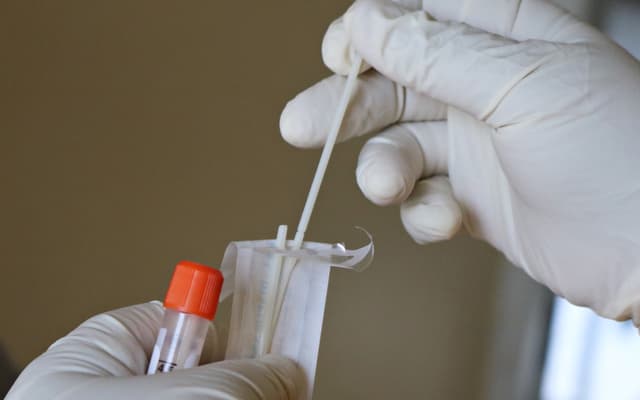STDs and STIs are common abbreviations you have most likely heard, but what exactly are they, and what is the difference between them? To start, let’s go over what their abbreviations stand for. An STD is a sexually transmitted disease, and an STI is a sexually transmitted infection.
As you can see by the names, the most significant difference is one is an infection, while the other is a disease.
What Are STIs?
An STI is passed from one person to another through sexual contact. Most STDs start as an STI, then progress to an STD. Think of an infection as the first step to disease. Typically infections won’t have severe symptoms, so they are missed until they progress into more severe diseases.
Here are common STIs:
Chlamydia
Gonorrhea
Herpes
HPV
Syphilis
While not all STIs turn into STDs, like HPV, some infections can turn into warts and certain cancers, creating disease. Some STIs can be cured. However, not all have a cure, and it’s important to get frequent STD testing if you are sexually active to stay healthy and treat any potential STIs.
What Are STDs?
STDs can be spread through sexual contact and also skin to skin contact and are caused by bacteria, infections, and parasites. Unlike STIs, STDs are more likely to have symptoms such as discharge, sores, warts, odor, itching, and pain.
Common STDs include:
Pubic lice
Chlamydia
HIV/Aids
Genital herpes
Trichomoniasis
Syphilis
These STDs can be diagnosed through testing, and it’s important to test if you have been exposed to an STD or you are sexually active. If you need confidential testing in the Massachusetts area, we can help. Contact our clinic today for an appointment.
Are STDs Worse Than STIs?
There is more stigma around STDs than there is for STIs, but ultimately, the main difference is that STIs don’t present symptoms, while STDs do. Unfortunately, there are a lot of misconceptions as to what the differences are, and ultimately, they are very much the same thing, with varying degrees of seriousness and symptoms.
The most important thing to remember is that early testing will always help reduce the progression of an STI and ensure you get proper treatment when you need it. If the idea of testing scares you, our team is happy to answer any questions you might have and offer information on testing, STDs, and ways we can help you.




